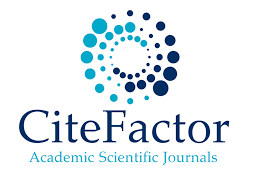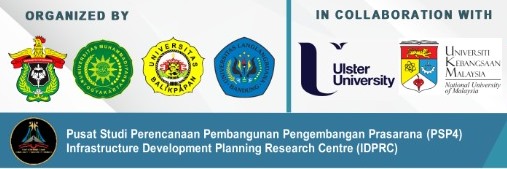The Effect Of Microbially Induced Calcite Precipitation (MICP) On Shear Strength Of Coal Contaminated Soil
DOI:
https://doi.org/10.36277/icasgi.v1i1.6Keywords:
MICP, shear strength, coal, Bacillus subtilisAbstract
Microbially induced calcite precipitation (MICP) is a soil improvement technique using microorganisms that can change and improve mechanical properties. This technology has been explored and is promising with potential in a variety of applications. Bacillus subtilis bacteria as much as 6% were added to soil contaminated with 5%, 10%, and 15% coal. The bacteria used were cultured for 3 days in growth medium. In this study, a direct shear test was used to determine the effect of calcite deposition on the behavior of the shear strength of coal contaminated soil. The results showed that there was an increase in the value of cohesion and internal friction angle as parameters of shear strength after the curing period. MICP stabilization in soil contaminated with 5% coal resulted in an increase in shear strength of three times, while in soil contaminated with 10% and 15% coal there was an increase in shear strength of seven times and fifteen times, compared to the untreated soil
Downloads
Published
How to Cite
Issue
Section
License
Copyright (c) 2022 ICASGI : INTERNATIONAL CONFERENCE ON APPLIED SMART AND GREEN INNOVATION

This work is licensed under a Creative Commons Attribution 4.0 International License.

















